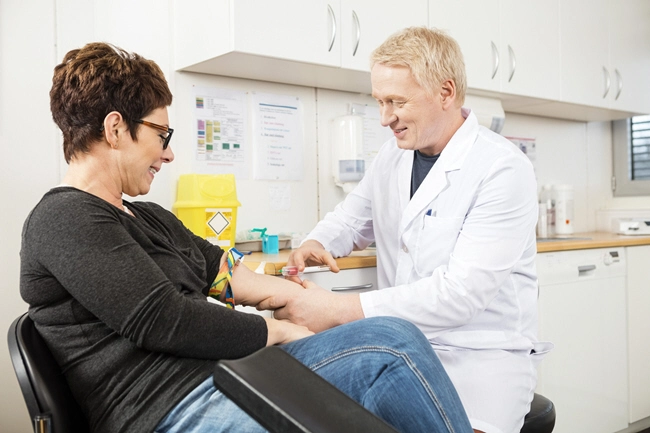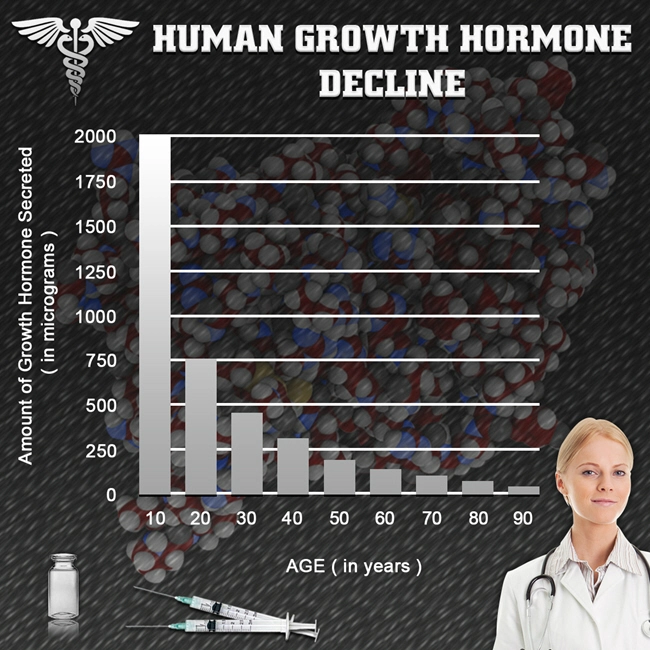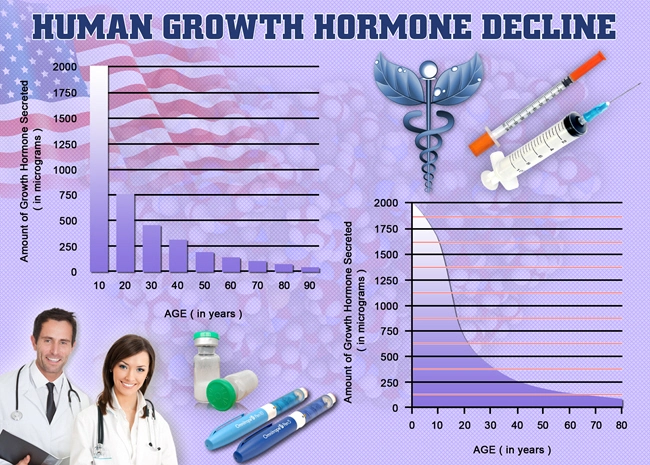
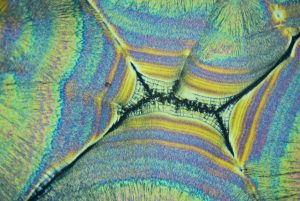 The human body requires a complex set of nutrients to sustain good health. While all of these vitamins and nutrients are provided by mother nature, many people still struggle with nutrition deficiencies. Amino Acids are critically important to Hormone Balance. Amino Acids are the building blocks of proteins. There are 20 amino acids intricately involved human function. We make eleven of these on our own, but nine must be absorbed through diet. The amino acids that we have to find in nature are known as Essential Amino Acids.
The human body requires a complex set of nutrients to sustain good health. While all of these vitamins and nutrients are provided by mother nature, many people still struggle with nutrition deficiencies. Amino Acids are critically important to Hormone Balance. Amino Acids are the building blocks of proteins. There are 20 amino acids intricately involved human function. We make eleven of these on our own, but nine must be absorbed through diet. The amino acids that we have to find in nature are known as Essential Amino Acids.
This need for Essential Amino Acids is why protein is absolutely necessary in the human diet. Our bodies take in protein from the food and drink that we consume and break them back down into their base amino acids. These amino acids are then reconfigured by the body to meet the diverse needs of the various human systems.
What Do Amino Acids Do?
 Amino Acids have profound effects on human form and function. Amino acids assist in immunity, direct nutrient allocation and are the building blocks of muscle tissue, just to give a few examples. When you don't meet your Essential Amino Acid goals, this leads to a break down in normal physiological activity.
Amino Acids have profound effects on human form and function. Amino acids assist in immunity, direct nutrient allocation and are the building blocks of muscle tissue, just to give a few examples. When you don't meet your Essential Amino Acid goals, this leads to a break down in normal physiological activity.
Some notable symptoms of Amino Acid Deficiency include impaired focus, fertility problems, depression, anxiety, digestive dysfunction, increased susceptibility to illness, and hormone imbalance. D-Aspartic Acid is required for the production of Testosterone, for example. Because every Essential Amino Acid has its own specific roles in human function, the symptoms of Amino Acid Deficiency can vary dependent on the root of the deficiency.
Essential Amino Acids Explained
The following is a brief description of each of the Essential Amino Acids:
Lysine is essential for injury recovery, bone mineral density, muscle mass, hormone regulation, and immune function. Research suggests that Lysene may help prevent viral infection and proliferation. Current guidelines suggest that you should get one gram of Lysine daily in your diet. Excellent sources of Lysine include pumpkin seeds, quinoa, black beans, soy, eggs, and meat.
Histidine is critical to neurological health, as it is the building block of the myelin sheath which protects nerve cells. Histidine is also a precursor of histamine, which is a strong immune modulator that is also involved in digestion and reproduction. Allergy sufferers commonly take antihistamines. Individuals with kidney disease and arthritis are more likely to have a Histidine deficiency. Whole grains, seeds, nuts, poultry, fish, and meat all contain high levels of Histidine.
Threonine is important to many structural aspects of the body's composition. It's a core ingredient of elastin, collagen, and tooth enamel. Threonine also plays an integral role in fat metabolism. Some research has shown that Threonine Deficiency may be associated with impaired immunity. It's believed that Threonine supplementation may be helpful for individuals with mild depression, anxiety, and stomach discomfort. Top sources of Threonine include wheat germ and cottage cheese.
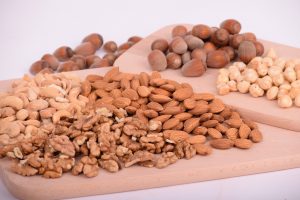 Methionine helps to maintain mineral balance in the human body, aiding in the absorption of zinc and selenium as well as helping to evacuate dangerous heavy metals like mercury and lead. Methionine works with cysteine to promote nail/hair strength and skin elasticity. To meet Methionine goals, eat seeds, nuts, grains, and eggs.
Methionine helps to maintain mineral balance in the human body, aiding in the absorption of zinc and selenium as well as helping to evacuate dangerous heavy metals like mercury and lead. Methionine works with cysteine to promote nail/hair strength and skin elasticity. To meet Methionine goals, eat seeds, nuts, grains, and eggs.
Valine plays a vital role in brain and neurological function. Valine helps ward off anxiety, allows for muscle coordination, and strengthens cognition and focus. Valine supplements are often used to increase energy, encourage tissue repair, and stimulate muscle growth in combination with resistance training. Valine deficiency is associated with psychological/mental impairment and insomnia. Valine is available from a variety of sources, including vegetables, whole grains, mushrooms, peanuts, cheese, and soy.
Isoleucine is vital to the production of various hormones, including insulin. Isoleucine helps control blood sugar and also aids the immune system and the healing of wounds. We become more prone to Isoleucine deficiency as we get older, which can lead to shaking and muscle wasting. To get lots of Isoleucine, include seeds, nuts, lentils, cheese, eggs, poultry, fish, and meat in your diet.
Leucine is critical to growth and cellular metabolism, as it is essential to the production of Human Growth Hormone. Like Isoleucine, it also helps with healing and glucose maintenance. Chronic Luceine Deficiency is associated with fatigue, hair loss, and rashes. Beans, soy, and dairy will help you meet your daily Leucine requirements.
Phenylalanine is a pivotal amino acid that helps build enzymes and proteins and assists the function of other amino acids. The body makes the amino acid Tyrosine from Phenylalanine. Tyrosine is a building block of Melanin as well as several crucial neurotransmitters. Poultry, nuts, beans, fish, soy, meat, and dairy are excellent sources of phenylalanine.
Most people know of Tryptophan because of its effects as a Sedative. Tryptophan is essential to the production of Melatonin and Serotonin, which help us get to sleep and feel better about life, respectively. Serotonin also helps modulate pain and appetite. Tryptophan is plentiful in turkey, a long with other foods high in protein, such as chicken, cottage cheese, and wheat germ.
 Considering Amino Acid Supplements?
Considering Amino Acid Supplements?
Amino Acid Supplements can be an excellent way to shore up any potential nutritional deficiencies in your diet. While these supplements are often useful, they should only be taken with the guidance and consent of a medical professional. Our Licensed and Board Certified HRT Clinic can help you determine if your nutritional needs are being met with a Comprehensive Metabolic Panel. We use only the highest quality supplements, such as the fantastic products sourced from Douglas Labs. We can also help you determine if you are a candidate for Hormone Replacement Therapy!
Contact Us Today For A Free Consultation
Dear Patient,
Once you have completing the above contact form, for security purposes and confirmation, please confirm your information by calling us.
Please call now: 1-800-380-5339.
Welcoming You To Our Clinic, Professor Tom Henderson.

- Obese Patients Have a Higher COVID-19 Mortality Risk Than the General Public [Last Updated On: January 24th, 2025] [Originally Added On: August 21st, 2020]
- The Health and Hormone Balancing Qualities of Broccoli [Last Updated On: July 10th, 2024] [Originally Added On: August 27th, 2020]
- What to eat to boost testosterone [Last Updated On: August 13th, 2024] [Originally Added On: December 14th, 2020]
- Breaking a Weight Loss Plateau: How to Reduce Body Fat When Nothing Seems to be Working [Last Updated On: January 20th, 2025] [Originally Added On: February 16th, 2021]
- The Top 25 Most Nourishing and Sustaining Foods to Add to Your Diet Today for Increased Longevity [Last Updated On: January 16th, 2025] [Originally Added On: February 16th, 2021]
- Fight Inflammation and Osteoporosis with Beets! [Last Updated On: January 14th, 2025] [Originally Added On: February 18th, 2021]
- Break a Weight Loss Plateau with Apple Cider Vinegar [Last Updated On: January 14th, 2025] [Originally Added On: February 20th, 2021]
- An Intriguing Look into How Growth Hormone Production and Fasting are Linked [Last Updated On: January 18th, 2025] [Originally Added On: February 21st, 2021]
- Health Reasons for a Vegan Diet [Last Updated On: September 24th, 2024] [Originally Added On: April 2nd, 2021]
- Leafy Greens are Medicine for Your Gut [Last Updated On: August 27th, 2024] [Originally Added On: April 23rd, 2021]
- All Praise to the Spud -- the Delicious, Health-Giving Potato, That Is [Last Updated On: July 11th, 2024] [Originally Added On: June 1st, 2021]
- 16 Cancer-Causing Foods to Avoid [Last Updated On: June 12th, 2024] [Originally Added On: August 12th, 2021]
- Longevity and Anti-Aging -- The Use of Flax Seed Oil [Last Updated On: May 7th, 2025] [Originally Added On: August 17th, 2021]
- Growth Hormone and Calcium [Last Updated On: January 11th, 2025] [Originally Added On: October 16th, 2021]
- Growth Hormone and Coffee [Last Updated On: January 9th, 2025] [Originally Added On: October 19th, 2021]
- The Importance of Protein in Weight Loss and Testosterone Production [Last Updated On: January 19th, 2025] [Originally Added On: October 19th, 2021]
- Testosterone, Growth Hormone, and Sugar. [Last Updated On: January 9th, 2025] [Originally Added On: October 19th, 2021]
- Testosterone, Growth Hormone, and Processed Meat [Last Updated On: January 8th, 2025] [Originally Added On: October 19th, 2021]
- Growth Hormone and Intermittent Fasting [Last Updated On: January 7th, 2025] [Originally Added On: October 19th, 2021]
- Growth Hormone and the Importance of Nutrition [Last Updated On: January 7th, 2025] [Originally Added On: October 20th, 2021]
- Growth Hormone Stops Inflammation! [Last Updated On: January 8th, 2025] [Originally Added On: October 20th, 2021]
- Growth Hormone and Sugar Addiction [Last Updated On: January 4th, 2025] [Originally Added On: October 20th, 2021]
- Growth Hormone and Red Meat [Last Updated On: January 5th, 2025] [Originally Added On: October 20th, 2021]
- Boost Growth Hormone with Sleep [Last Updated On: June 11th, 2024] [Originally Added On: October 20th, 2021]
- A Natural Acid Found in Apples Prevents Muscle Loss AKA Sarcopenia [Last Updated On: January 10th, 2025] [Originally Added On: October 20th, 2021]
- Growth Hormone and Organic Foods. [Last Updated On: January 3rd, 2025] [Originally Added On: October 21st, 2021]
- Growth Hormone and Acidosis [Last Updated On: January 5th, 2025] [Originally Added On: October 21st, 2021]
- Growth Hormone Food Choices [Last Updated On: January 2nd, 2025] [Originally Added On: October 21st, 2021]
- Growth Hormone and Cholesterol: the Surprising Link [Last Updated On: January 6th, 2025] [Originally Added On: October 22nd, 2021]
- Growth Hormone and Weight Loss [Last Updated On: January 3rd, 2025] [Originally Added On: October 22nd, 2021]
- Growth Hormone Reduces Inflammation [Last Updated On: January 4th, 2025] [Originally Added On: October 24th, 2021]
- What You Eat Impacts Both Your Sleep AND Your Growth Hormone Production [Last Updated On: January 10th, 2025] [Originally Added On: October 24th, 2021]
- Growth Hormone Lowers Blood Sugar [Last Updated On: January 6th, 2025] [Originally Added On: October 24th, 2021]
- Testosterone and Magnesium [Last Updated On: June 13th, 2024] [Originally Added On: April 28th, 2022]
- The Beneficial Functions of Brown Fat vs. White Fat [Last Updated On: June 17th, 2024] [Originally Added On: May 3rd, 2022]
- MOTS-c Peptide for Weight Loss and Muscle Building [Last Updated On: July 3rd, 2024] [Originally Added On: November 7th, 2022]
- Looking to lose weight? Add this ingredient to meals [Last Updated On: August 24th, 2024] [Originally Added On: December 7th, 2022]
- The many health benefits of black tea [Last Updated On: August 23rd, 2024] [Originally Added On: December 13th, 2022]
- Raw Food Benefits [Last Updated On: August 20th, 2024] [Originally Added On: January 18th, 2023]
- Brain Foods that Work Together with HGH to Improve Mental Sharpness [Last Updated On: February 14th, 2025] [Originally Added On: March 9th, 2024]
